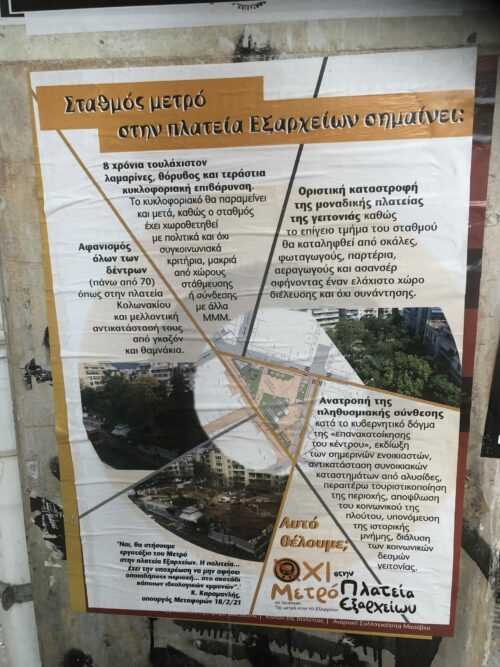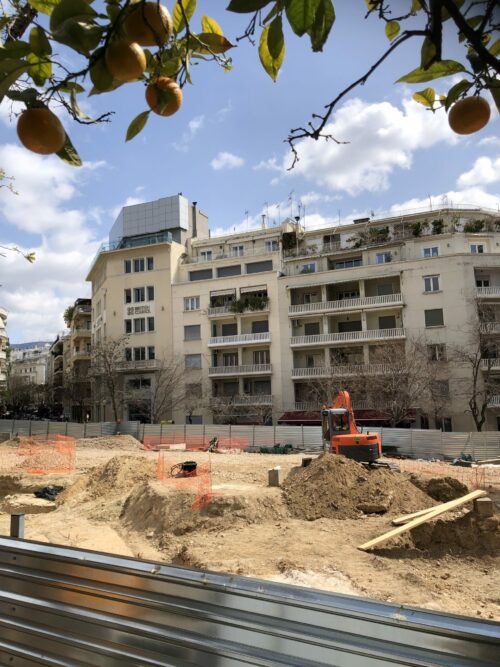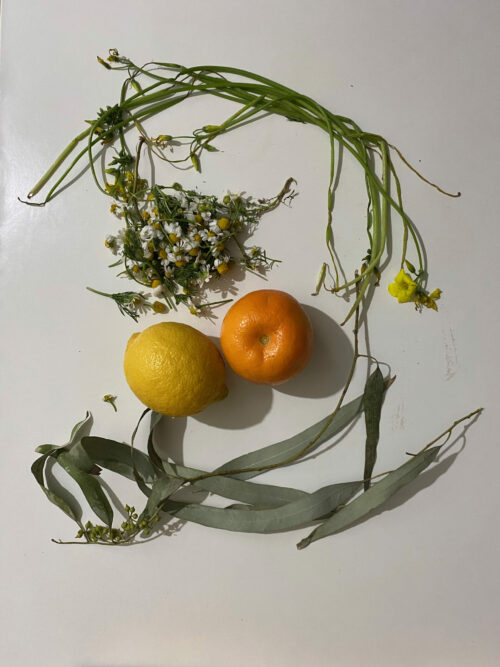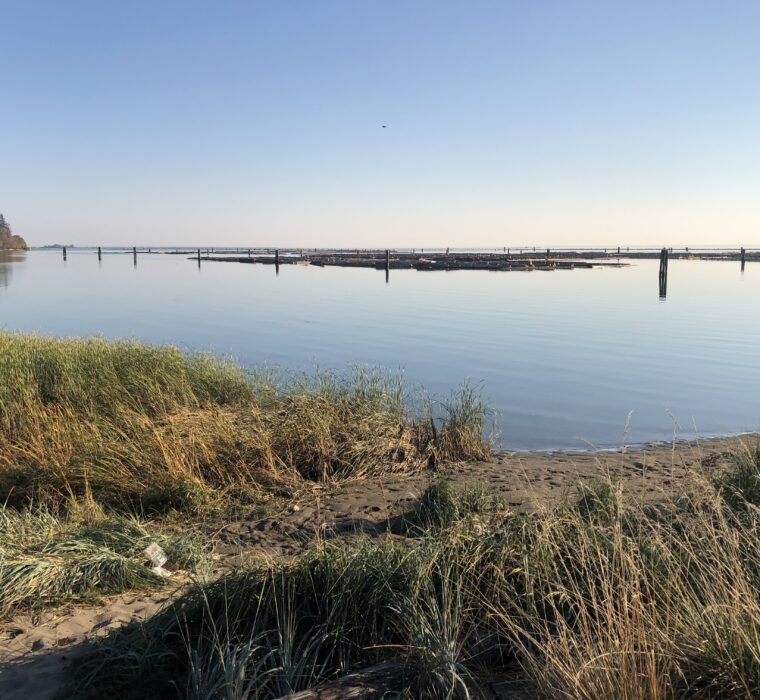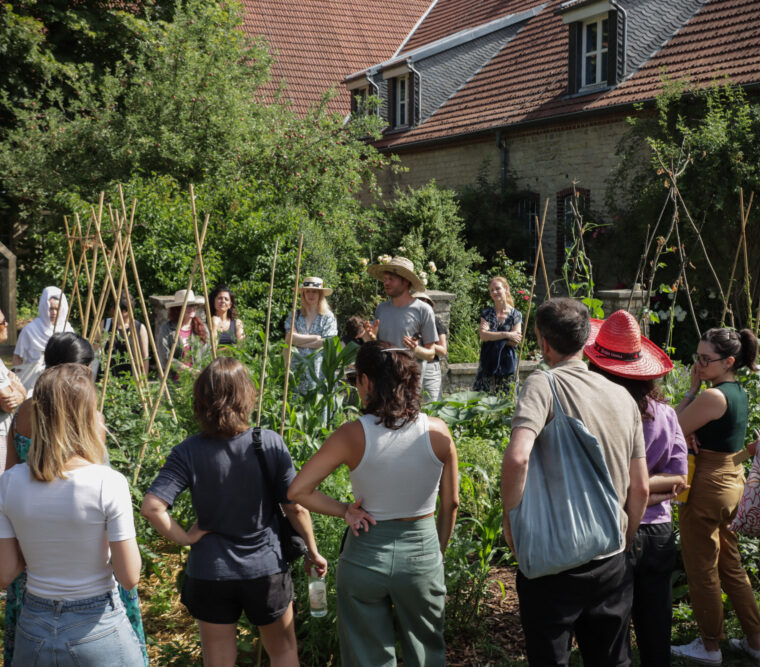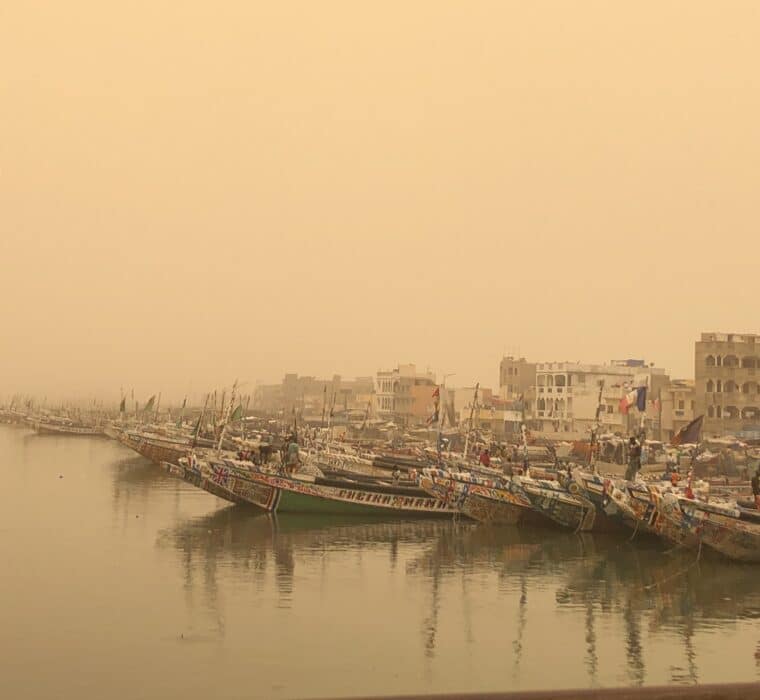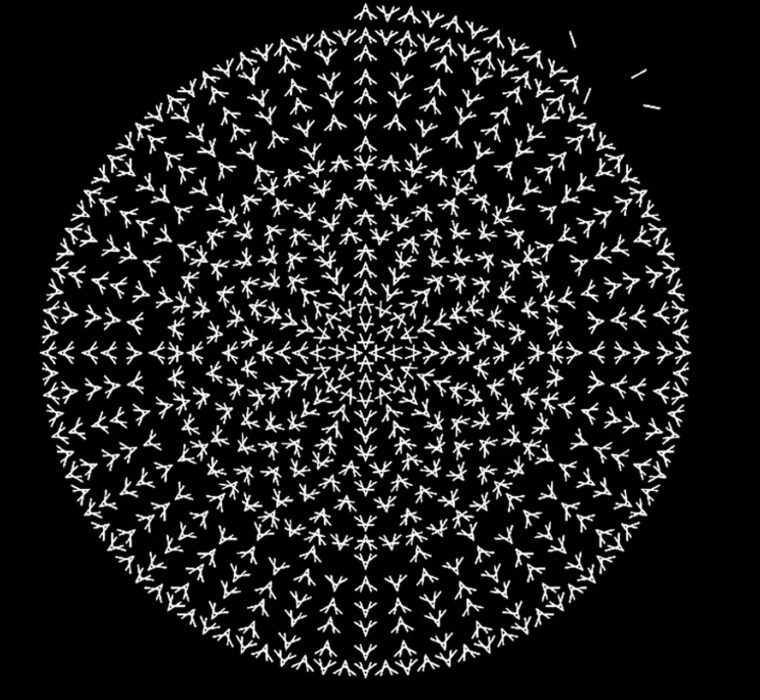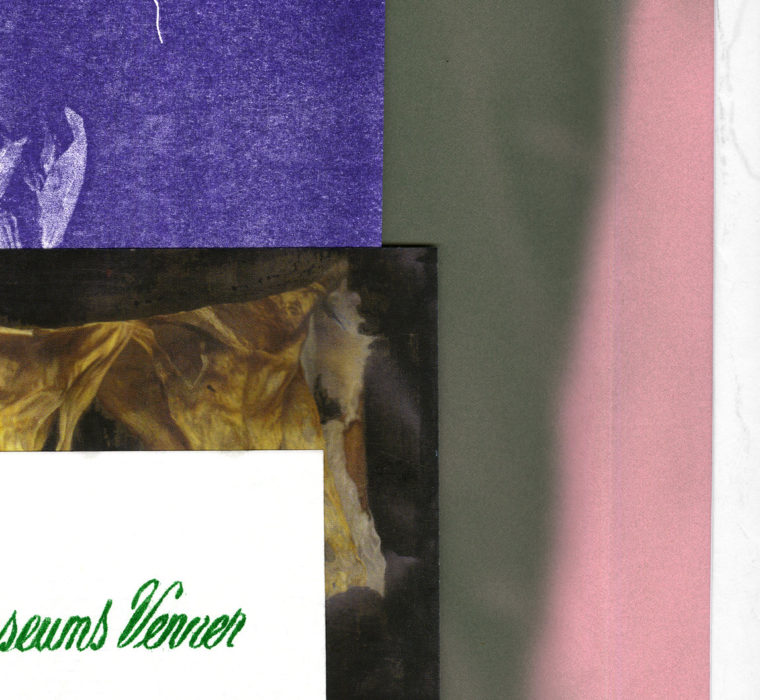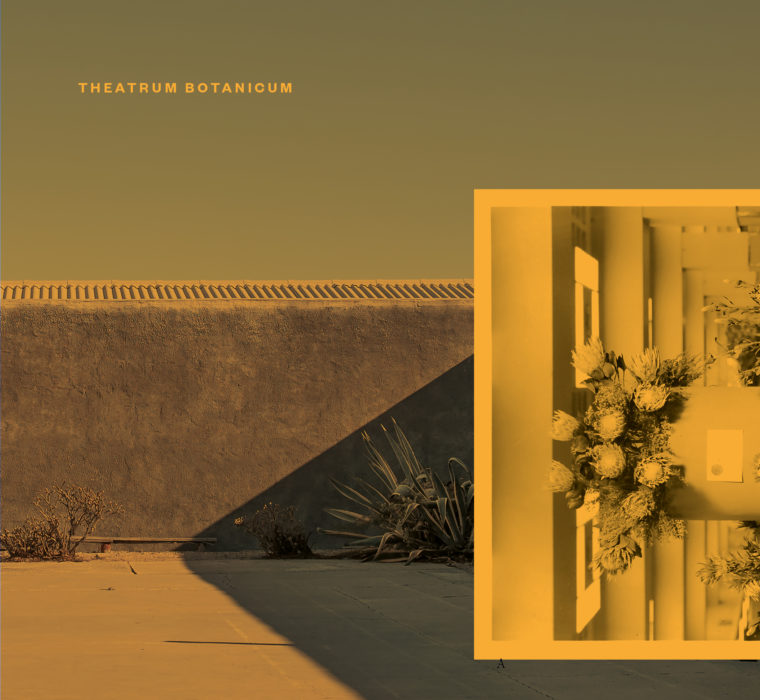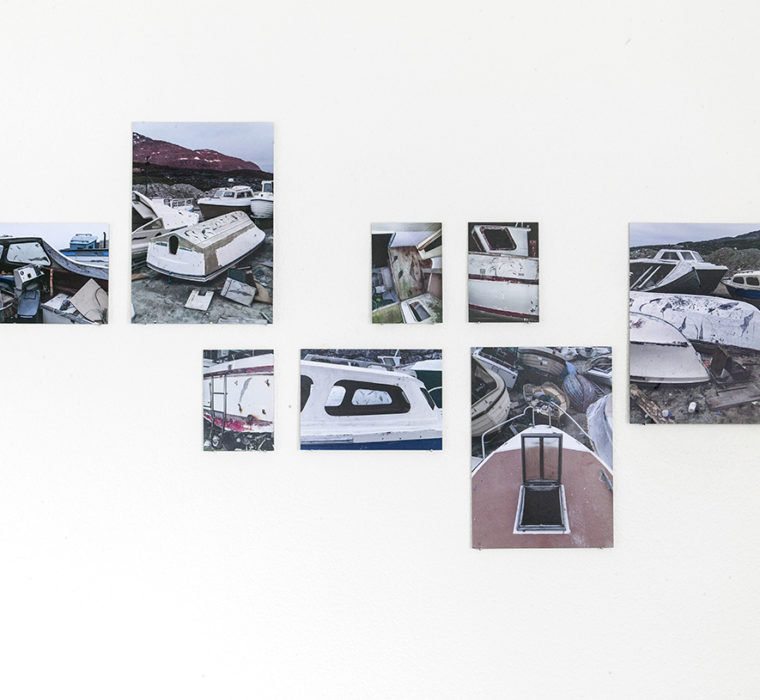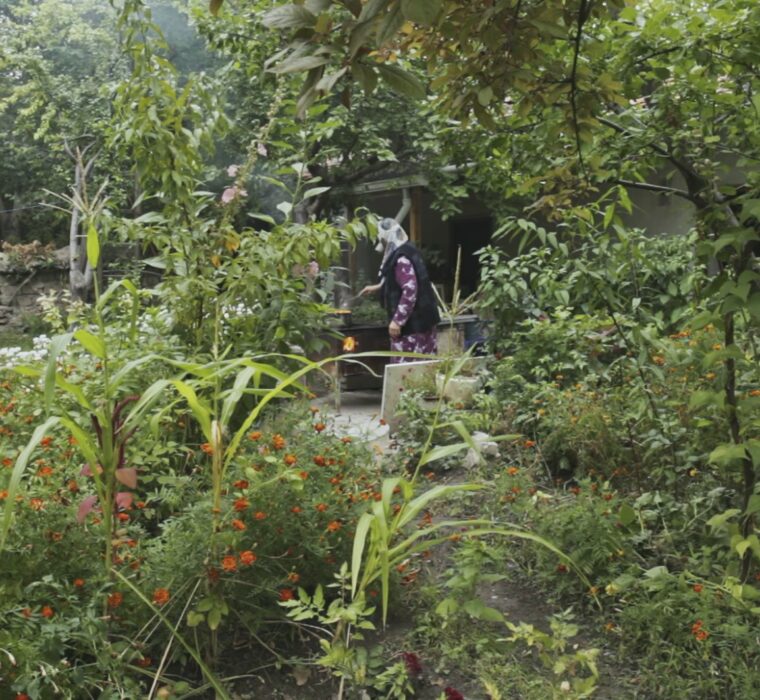Experimental Research in Athens – Environmental Justice & the Commons in Urban Context
Participants
Elena Azzedin
Clelia Coussonnet
Giuliana Grippo
Corinne Silva
in discussion with Xryssa Kapartziani
Experimental Research in Athens
Environmental Justice & the Commons in Urban Context
Participants
Elena Azzedin
Clelia Coussonnet
Giuliana Grippo
Corinne Silva
in discussion with Xryssa Kapartziani
In spring 2022, I participated in an experimental research trip to Athens, Greece, thanks to an i-portunus grant. Its aim was to engage in a collaborative research with two artists, Giuliana Grippo and Corinne Silva, another curator Elena Azzedin, and a lawyer Xryssa Kapartziani. We wanted to focus on environmental justice and the threat faced by public, common and liminal spaces in the urban context of Athens, although the issues raised could be examined in any other global city.
In spring 2022, I participated in an experimental research trip to Athens, Greece, thanks to an i-portunus grant. Its aim was to engage in a collaborative research with two artists, Giuliana Grippo and Corinne Silva, another curator Elena Azzedin, and a lawyer Xryssa Kapartziani. We wanted to focus on environmental justice and the threat faced by public, common and liminal spaces in the urban context of Athens, although the issues raised could be examined in any other global city.
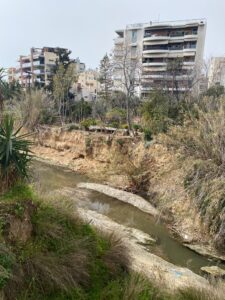
Some of our leading questions and case-studies where:
_How to deal with the risk of privatisation of common and natural spaces (coastlines, beaches, parks, rooftops)?
_Is there a way to be fully informed of the ongoing privatisation processes and how to resist them? A case study was the Strefi hill around which conflicting narratives and alerts of gentrification circulate.
_How is leisure related to green areas over time? Parks as a fiction of nature vs. some green areas swallowed by the city and not preserved as natural spaces.
_Can changes of use get policies to evolve? Can commoning be scaled up from the popular model of the community garden to influence the workings of a metropolis —able to tackle questions of housing, energy use, food distribution and clean air? Could the city be reimagined as commons, or is commoning the realm of tiny acts of small collective groups and resistance?
_How to ensure the longevity of community-run projects? Who will carry the responsibility when the momentum of rallying fades away? We spent time at the Navarinou park, collectively used because the owners of the former parking lot where it is located have not sued or reclaimed the space since 2009. What if one day this changes?
_Can we trace the unplanted trees? In Kolonaki square, they started building a metro station and have displaced the trees to supposedly replant them after the 5 years of construction work. Who can ensure the trees will be replanted?
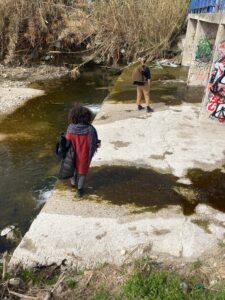
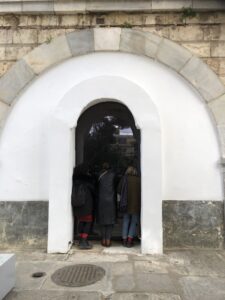
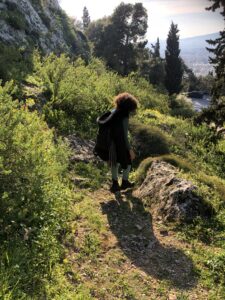
Some of our leading questions and case-studies where:
_How to deal with the risk of privatisation of common and natural spaces (coastlines, beaches, parks, rooftops)?
_Is there a way to be fully informed of the ongoing privatisation processes and how to resist them? A case study was the Strefi hill around which conflicting narratives and alerts of gentrification circulate.
_How is leisure related to green areas over time? Parks as a fiction of nature vs. some green areas swallowed by the city and not preserved as natural spaces.
_Can changes of use get policies to evolve? Can commoning be scaled up from the popular model of the community garden to influence the workings of a metropolis —able to tackle questions of housing, energy use, food distribution and clean air? Could the city be reimagined as commons, or is commoning the realm of tiny acts of small collective groups and resistance?
_How to ensure the longevity of community-run projects? Who will carry the responsibility when the momentum of rallying fades away? We spent time at the Navarinou park, collectively used because the owners of the former parking lot where it is located have not sued or reclaimed the space since 2009. What if one day this changes?
_Can we trace the unplanted trees? In Kolonaki square, they started building a metro station and have displaced the trees to supposedly replant them after the 5 years of construction work. Who can ensure the trees will be replanted?
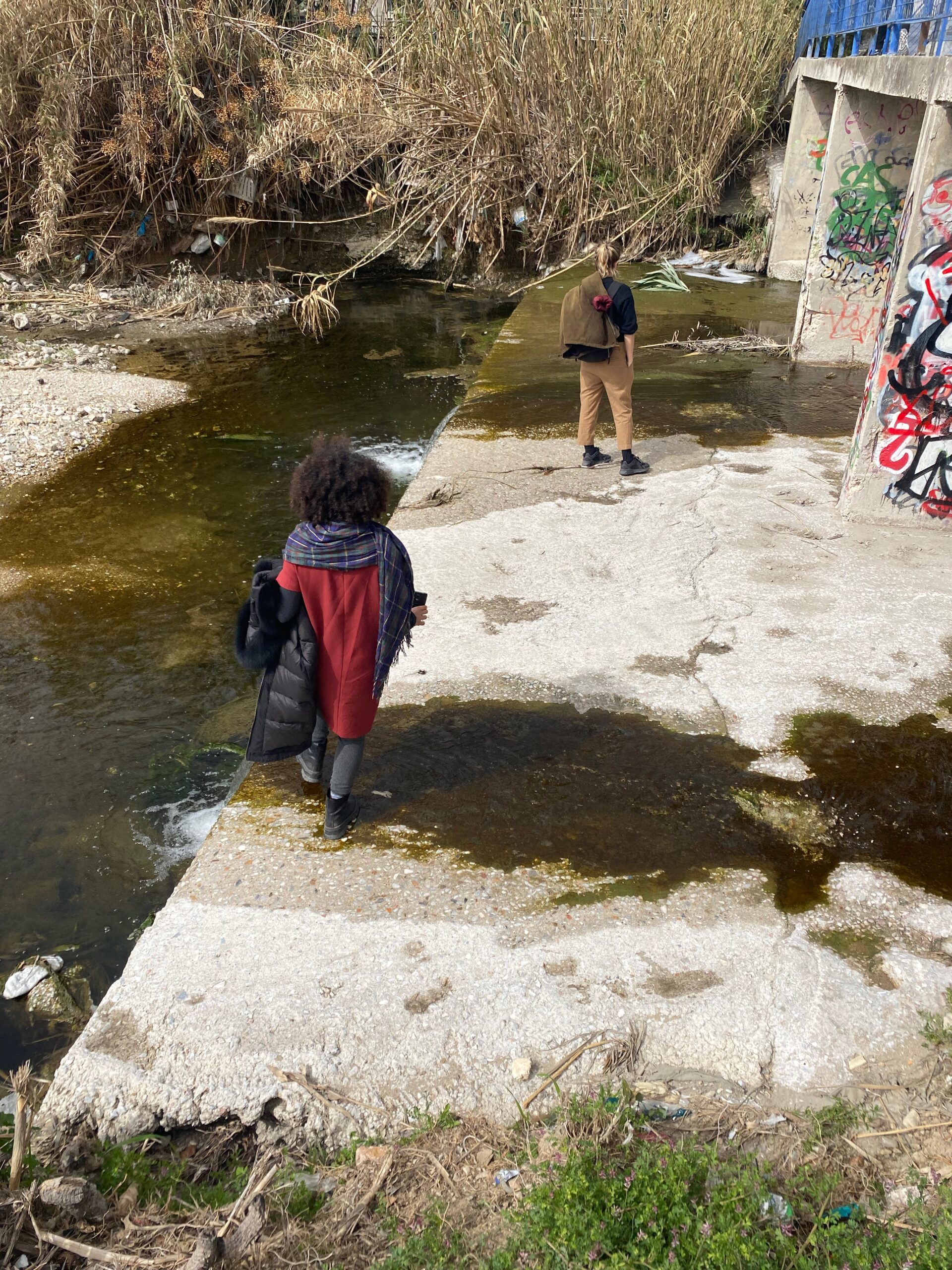
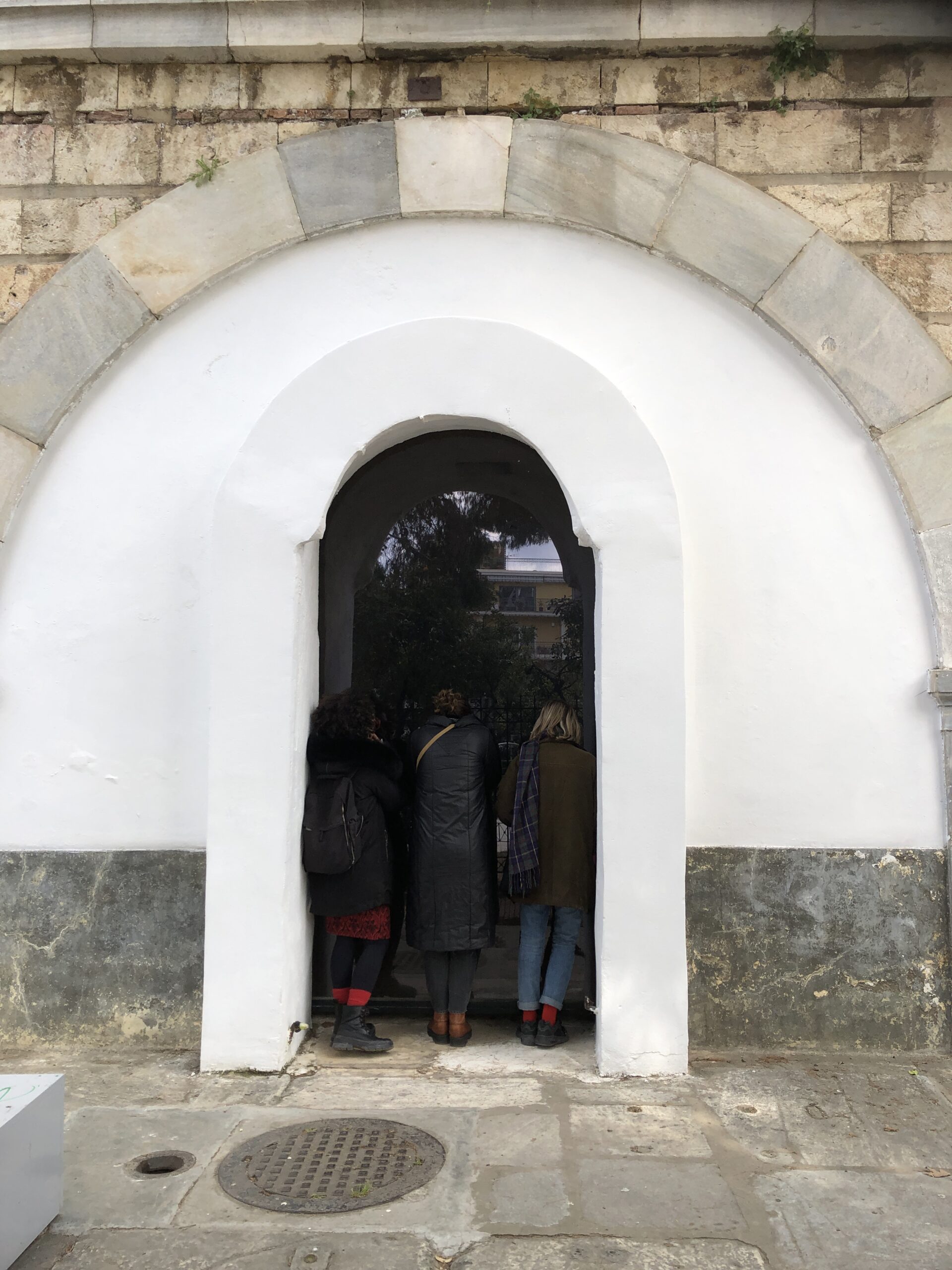
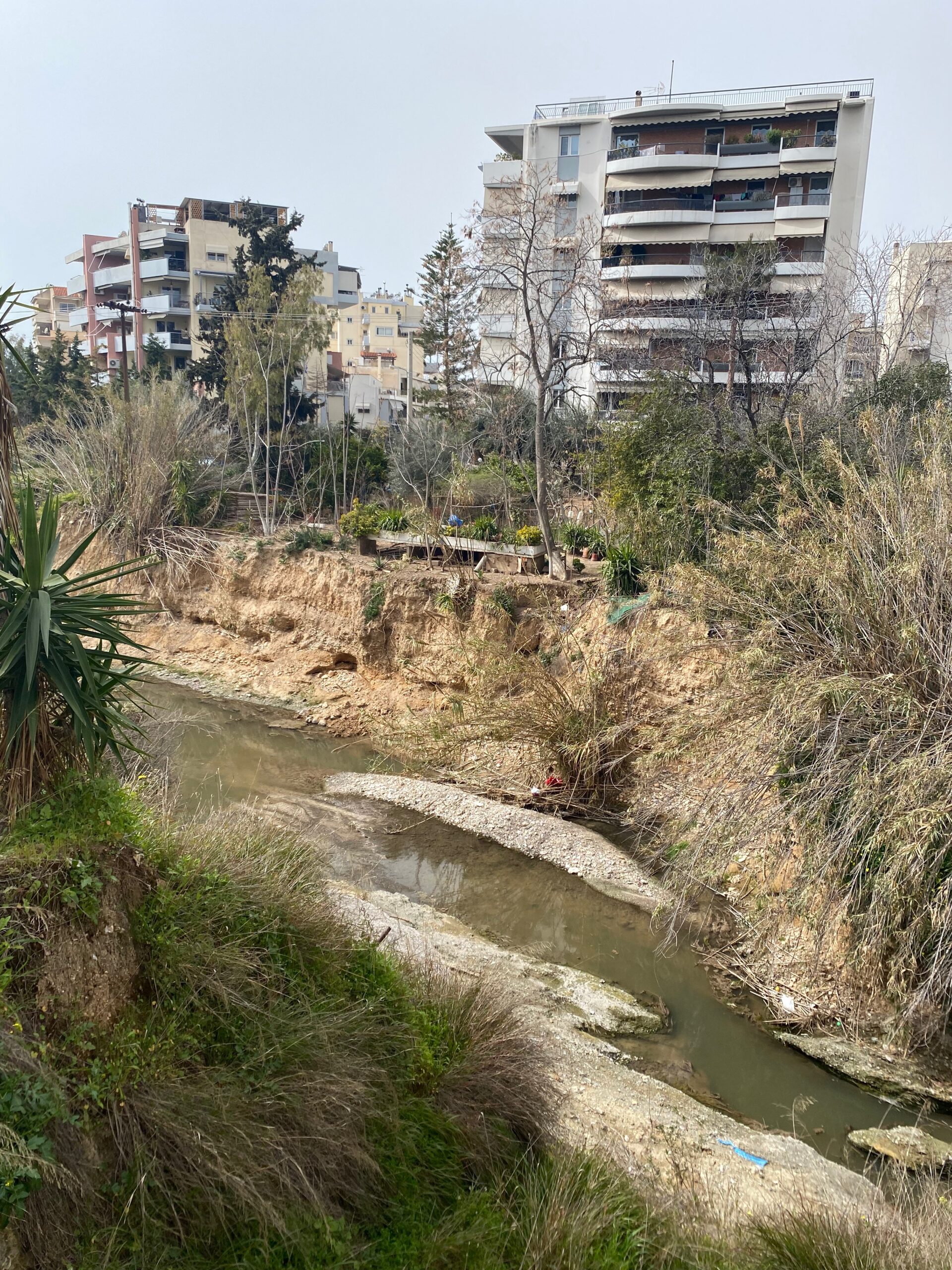
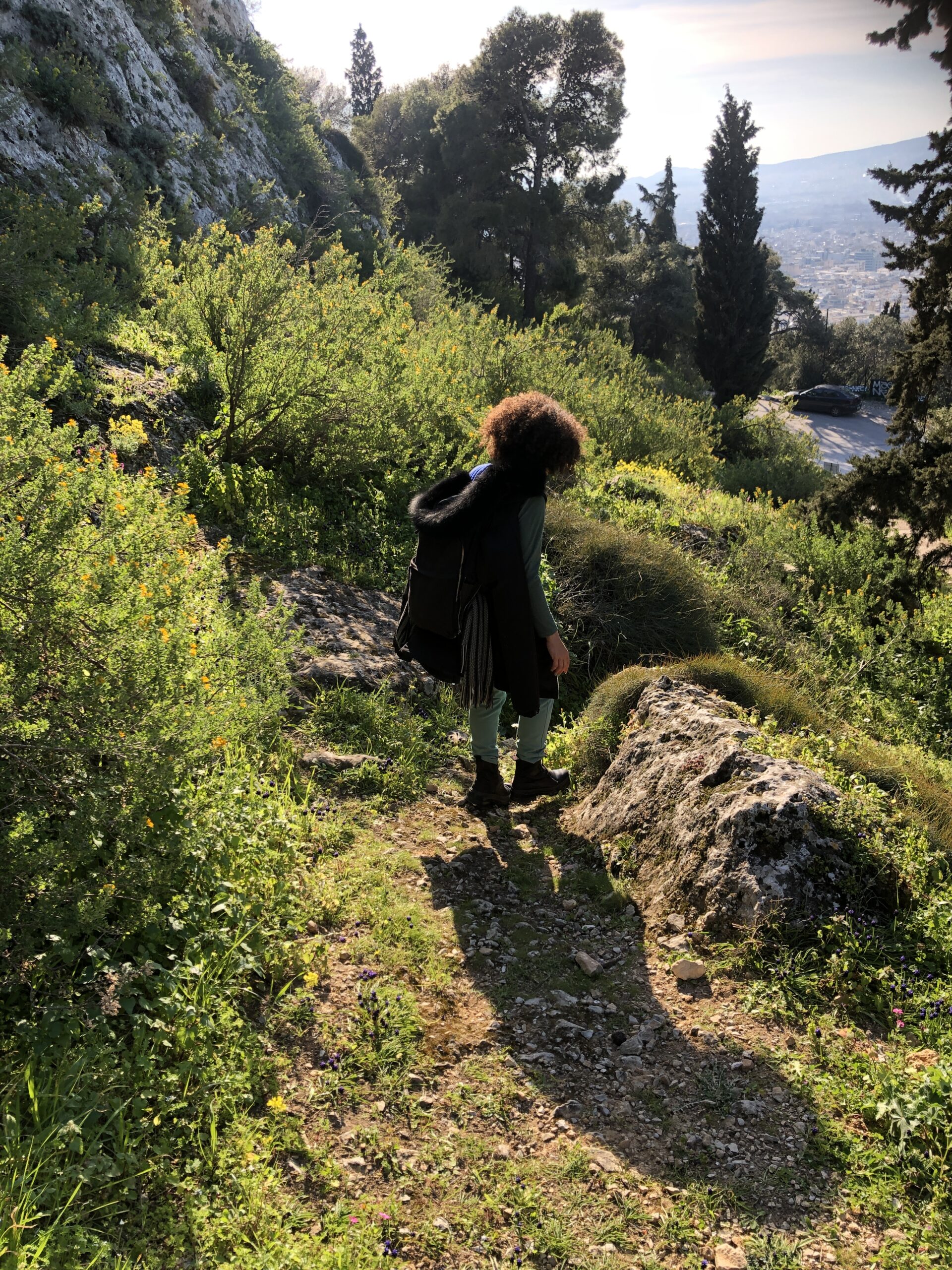
Thanks to our exchanges with Xryssa Kapartziani, we approached the question of commons and of granting legal rights to nature, what it would mean, how to achieve this, and in which ways changing legal frameworks towards this goal could be an inspiration in other fields of collective living. In this perspective, can art research and/or production lead to policy changes too?
Another crucial investigation that came up just organically during our ten days together was to speculate on how certain natural spaces can be rediscovered in urban contexts. In Athens, as in other cities, many streams and rivers have been covered or divested from their own route. What would it mean to free them again? In this, we followed the Pikrodafnis and Ilissos rivers in Athens —the first crawls discreetly in the city’s gaps with an NGO attempting to clean it up, the second is semi-covered and almost dried out. It was interesting to have a corporeal approach to these points.
Thanks to our exchanges with Xryssa Kapartziani, we approached the question of commons and of granting legal rights to nature, what it would mean, how to achieve this, and in which ways changing legal frameworks towards this goal could be an inspiration in other fields of collective living. In this perspective, can art research and/or production lead to policy changes too?
Another crucial investigation that came up just organically during our ten days together was to speculate on how certain natural spaces can be rediscovered in urban contexts. In Athens, as in other cities, many streams and rivers have been covered or divested from their own route. What would it mean to free them again? In this, we followed the Pikrodafnis and Ilissos rivers in Athens —the first crawls discreetly in the city’s gaps with an NGO attempting to clean it up, the second is semi-covered and almost dried out. It was interesting to have a corporeal approach to these points.
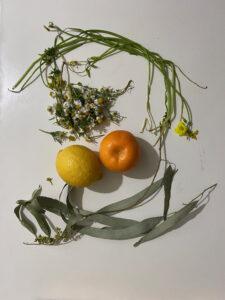
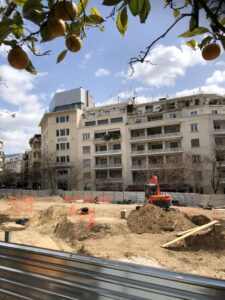
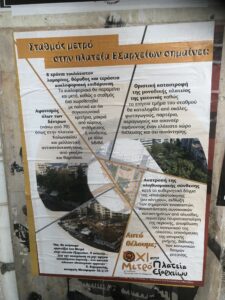
Athens, Greece
March 2022
